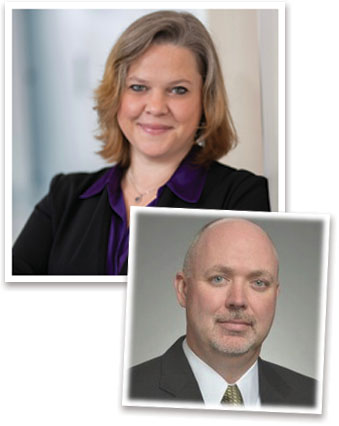 Decarbonizing the maritime sector will be crucial in driving a successful energy transition and keeping climate change in check. MMA alums Linette Casey ’99 and Stewart Allen ’95 know this all too well.
Decarbonizing the maritime sector will be crucial in driving a successful energy transition and keeping climate change in check. MMA alums Linette Casey ’99 and Stewart Allen ’95 know this all too well.
After graduating from MMA, Casey and Allen embarked on very different career paths. Today, however, they both reside within Siemens Energy’s Electrification, Automation, and Digitalization (EAD) business unit, co-leading an organization of 400 employees dedicated to improving the sustainability of the marine sector and other industrial verticals across the Americas region.
Reuniting after two decades to co-lead a global team
Casey was the first female to graduate from MMA’s International Business & Logistics program. She continued her education, receiving an M.S. in management from Troy University in 2001. She also received a graduate certificate from Harvard University in Corporate Sustainability and Innovation in 2023.
Casey leveraged her education early on, holding various logistics-related roles. This included a stint from 1999 to 2001 where she worked alongside Navy SEALs in developing the SEAL Delivery Vehicle (SDV), a type of crewed submersible used to deliver personnel and equipment for special operations missions.
In 2001, Casey joined Siemens Energy as a material logistics and purchasing specialist. With an aptitude for working with customers and building relationships, she eventually transitioned out of logistics and excelled in different sales and business development roles. In 2022, Casey was appointed Head of Americas Sales for the EAD business. She is now responsible for an international team of technical sales managers and proposal professionals from Argentina to Canada.
Allen obtained his B.S. in Marine Engineering Technology from MMA. He has spent most of his career with Siemens Energy (and previously Siemens), where he has held various positions in project management, engineering, and management positions. Before joining the company in 2005, Allen spent ten years at Rockwell Automation.
In 2011, he was appointed Director for Siemens Operation & Engineering Center for Drive Technologies and oversaw the execution of projects in the mobile mining, minerals, marine, fiber, and oil & gas industries. Allen’s remarkable contributions to the energy industry have earned him several accolades, including the Siemens Industry U.S. Team of the Year Award in 2013.
Today, he serves as the Head of EAD projects for the Americas, where he collaborates with major industrial clients to implement complex technology solutions across various industrial markets across the Americas.
Like Casey, he has continued his education, completing a Project Management Certification program at Penn State University in 2004.
Leading the green revolution
Casey and Allen’s roles allow them to work at the cutting edge of innovation in the marine space, particularly in decarbonization.
Siemens Energy has provided solutions to the marine market for nearly 150 years. The company’s portfolio comprises technologies for power and propulsion, energy management, and automation across all vessel types, including passenger ferries, cruise ships, research vessels, platform supply vessels, submarines, and cargo ships. Siemens Energy also has a significant presence in the offshore oil & gas market and provides solutions for decarbonizing facilities like drilling rigs and production installations.
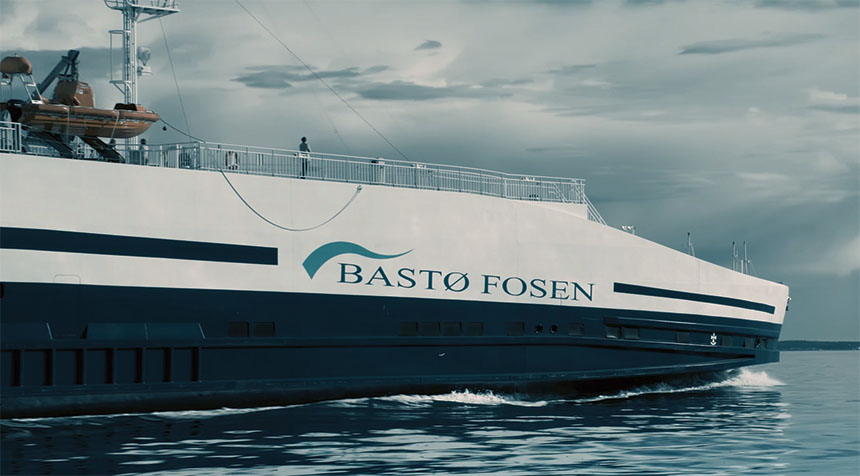
Bastø Fosen Battery Powered Ferry
“One of the reasons I love working at Siemens Energy is the exposure I get to all these different types of technologies and market segments,” said Casey. “We are pushing the envelope in terms of innovation when it comes to things like marine propulsion and power. As someone who strongly believes in improving the environment, it is gratifying to see the progress we are making to help our customers reduce greenhouse gas emissions.”
“Marine is a critical and important market for Siemens Energy, but it is just one of many industries where we are applying our solutions,” added Allen. “We are also heavily involved in both onshore and offshore oil & gas, fiber industries, and across multiple process industries. It truly is a unique opportunity to work with customers across all these different verticals and see how they are innovating in the name of decarbonization.”
One specific area where Siemens Energy has a significant market share is battery-powered passenger ferries and research vessels. The company’s BlueDrive PlusC propulsion technology and BlueVault battery-based energy storage solution have been installed in more than 60+ vessels worldwide, including the world’s largest all-electric car ferry, Bastø Electric. The vessel transports passengers and cars across the Oslo Fjord in Norway. The batteries are charged almost entirely with zero-emissions hydropower.
Several ferries in the U.S. also utilize these technologies. The Texas Department of Transportation’s Esperanza “Hope” Andrade passenger ferry is the latest vessel to join the fleet. The ferry carries passengers between Galveston Island and the Bolivar Peninsula.
BlueDrive PlusC is designed to reduce fuel consumption by up to 90% in marine vessels by regulating speed, shifting control from port to starboard as necessary, and operating diesel engines as minimally as possible. The BlueVault batteries play an essential role in storing surplus power while the vessel is in operation and dispatching it on demand. This efficiency boost improves fuel economy, reduces operational costs, and increases sustainability.
“As the energy transition progresses, the need for people with the skills and expertise that MMA can provide will only grow,” added Allen. “Despite graduating around the same time, Linette and I did not know each other until recently. Our respective career paths are evidence of the diverse range of career opportunities that MMA affords…”
Siemens Energy is also developing low-emissions propulsion systems based on hydrogen fuel cells. Like battery-powered systems, the fuel cells can operate as part of a diesel-electric power plant. Although the application of hydrogen fuel cells on marine vessels is relatively novel, Siemens Energy has been implementing the technology on German submarines for nearly three decades.
Siemens Energy is also applying its expertise in power generation to decarbonize long-haul shipping. In 2022, the company collaborated with several other industry leaders to develop the Ocean Green concept, a novel low-emission power and propulsion system for deep-sea shipping, particularly LNG carriers. Ocean Green is a hybrid combined cycle power and propulsion plant that utilizes a gas turbine as the main engine, in combination with a steam turbine and battery energy storage.
Another area where Siemens Energy provides solutions and technologies is for producing alternative fuels based on green hydrogen, like eMethanol and eAmmonia, which are increasingly being considered as a replacement for heavy fuel oil.
Empowering future generations
Decarbonizing the marine sector will be a challenging task that will occur over several decades and require a range of technologies to cover the diverse types of vessels in operation. With a comprehensive portfolio that includes integrated solutions for electrification, automation, and digitalization, along with supporting technologies for e-fuel production, Siemens Energy is uniquely positioned to help drive the industry’s transformation on multiple fronts.
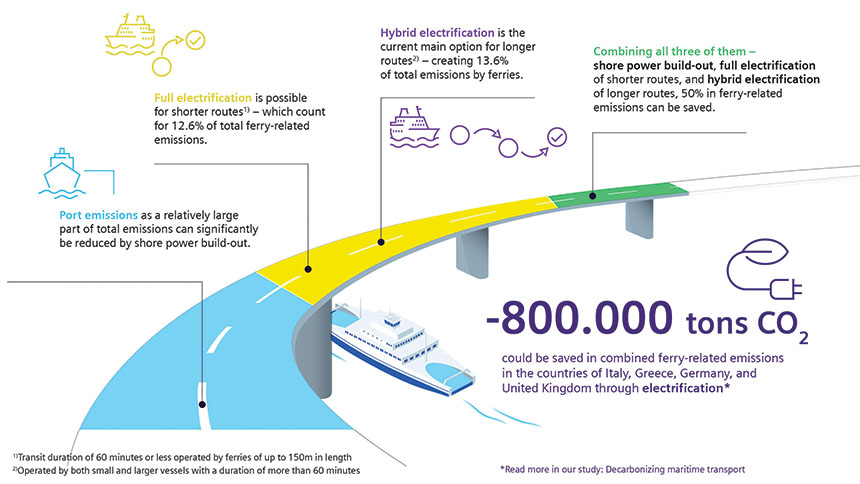
Potential CO2 Savings
Technology, however, is only one piece of the decarbonization puzzle. The human element is equally as important. After all, people are the true drivers of change. To this end, MMA is playing a crucial role in facilitating the industry’s transition to a low-carbon future by providing students with a foundation of knowledge and skills to thrive in a world where sustainability is paramount.
New ferries in Texas bring with them new era.
“As a woman working in an industry traditionally dominated by men, I would not be where I am today without MMA,” said Casey. “Last year, my team had the opportunity to host three talented young ladies from the IBL program as interns with our marine and offshore team. I am happy to see these women and others follow a similar path as I did and am immensely proud to call myself an alumna.”
“As the energy transition progresses, the need for people with the skills and expertise that MMA can provide will only grow,” added Allen. “Despite graduating around the same time, Linette and I did not know each other until recently. Our respective career paths are evidence of the diverse range of career opportunities that MMA affords and is evidence of how well it prepares students for leadership roles within the industry.”█
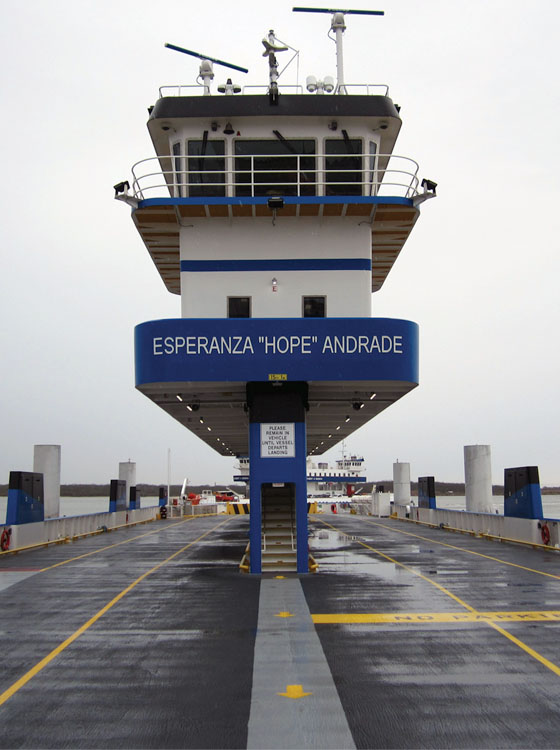
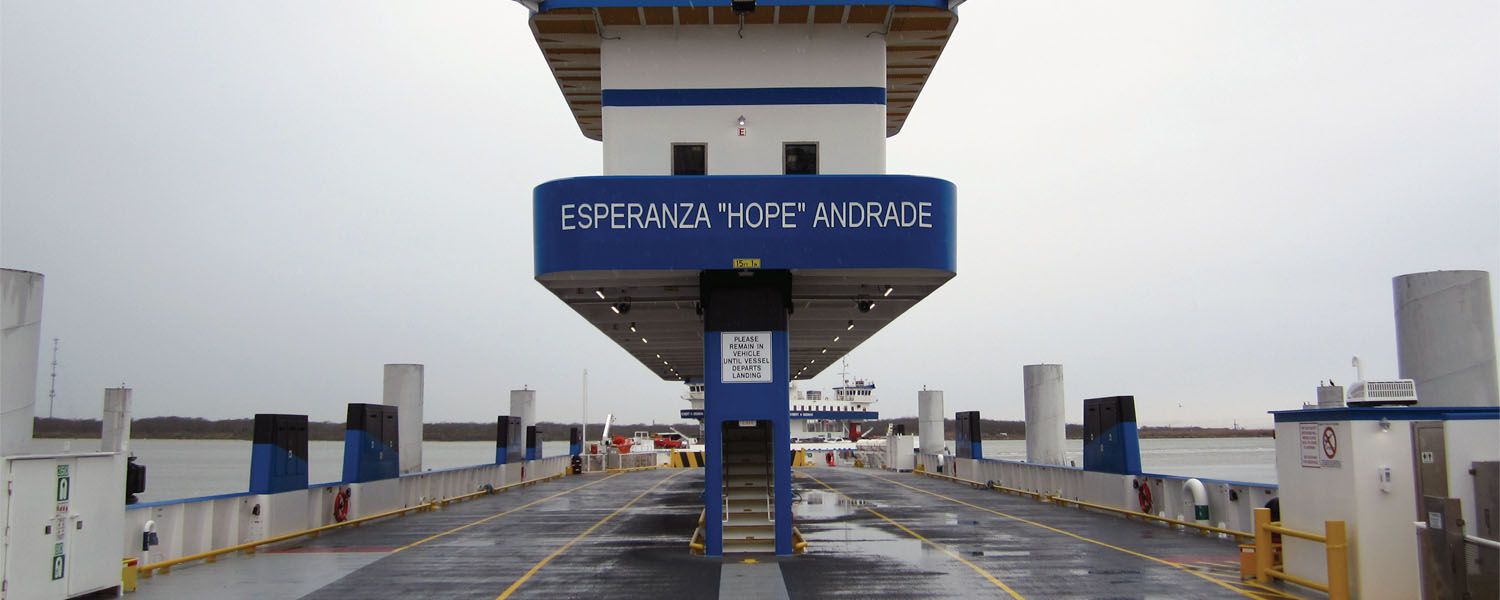
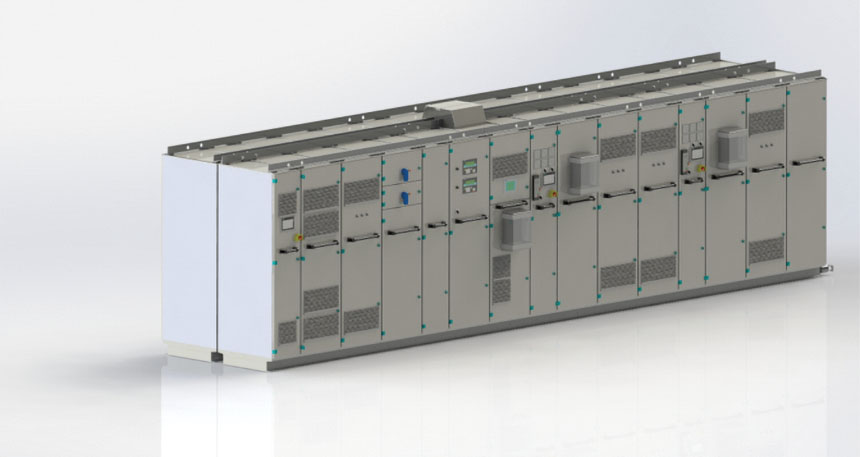



Post Comment
Comments are moderated and will be reviewed prior to posting online. Please be aware that when you submit a comment, you agree to the following rules:
Maine Maritime Academy reserves the right to delete any comment that does not comply with these guidelines and is not responsible or liable in any way for comments posted by its users. If you have a message for the editor, please email mariner@mma.edu.
Features
View All >Read More
Read More
Castine, Maine 04420All Rights Reserved © 2026
Privacy Policy & Terms
Web issue? Contact Webmaster